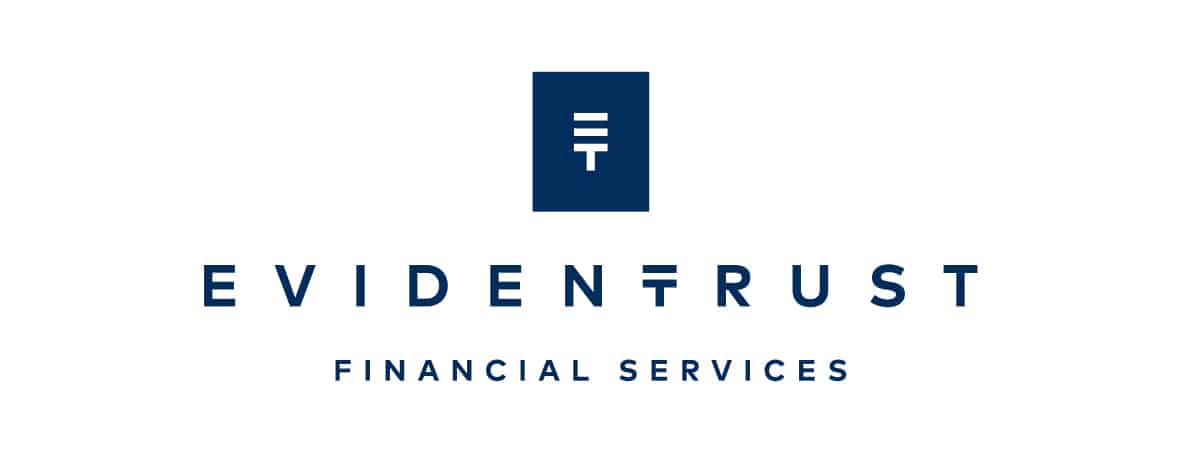Starting a business in Cyprus requires a good understanding of audit, accounting, and corporate requirements along with compliance standards. This is particularly critical in Cyprus due to its strategic position as an international business hub, its alignment with EU regulations, and its robust legal and financial systems, which demand high levels of compliance and transparency. These factors are crucial for the success of startups in the Cypriot business scene.
Audit services are vital for:
- Ensuring financial transparency
- Building investor confidence
- Maintaining regulatory compliance
- Supporting strategic decision-making
- Identifying operational inefficiencies
The business environment in Cyprus offers both unique opportunities and challenges for startups. A well-organized audit system can help navigate these complexities while establishing trustworthy financial practices. This guide explores the essential aspects of audit services for startups operating in Cyprus, including:
- The rules and regulations governing audit practices
- The different types of audit services available for startups
- The strategic advantages of regular auditing
By understanding these elements, startups can lay a strong foundation for success in the Cypriot market, ensuring sustainable growth and compliance with regulations.
Regulatory Framework for Audits in Cyprus
Cyprus has strict rules for audit services, governed by the Companies Law Cap. 113 and the Auditors Law of 2017. These laws provide detailed guidelines for conducting audits, ensuring that financial reporting is transparent and accountable.
Who Regulates Audits in Cyprus?
The main regulatory body for audits in Cyprus is the Institute of Certified Public Accountants of Cyprus (ICPAC). They are responsible for:
- Licensing and monitoring statutory auditors
- Setting professional standards
- Implementing quality control measures
- Enforcing disciplinary procedures
- Conducting regular inspections
Audit Obligations for Startups in Cyprus
Recent amendments to the Cyprus Companies Law, effective from June 2022, have introduced exemptions for small companies, including startups, from the statutory audit requirement. This shift reduces administrative burdens and costs for qualifying small entities, enabling them to focus resources on growth and operations. However, it also places greater importance on maintaining robust internal financial controls to ensure compliance with other regulatory obligations.
Exemption Criteria:
Companies meeting both of the following criteria for two consecutive years are exempt from statutory audits:
- Annual turnover: Less than €200,000
- Total assets: Less than €500,000
These companies can opt for a review engagement instead of a full audit. A review engagement, conducted by a licensed statutory auditor or audit firm in accordance with the International Standard on Review Engagements (ISRE) 2400, provides limited assurance that the financial statements are free from material misstatements.
Mandatory Audit:
Certain companies remain obligated to undergo a full statutory audit, regardless of size, including:
- Companies regulated and supervised by authorities such as the Central Bank of Cyprus, the Cyprus Securities and Exchange Commission, and the Commissioner of Insurance
- Parent companies required to prepare consolidated financial statements
Consequences of Non-compliance:
Non-compliance with audit requirements in Cyprus can lead to significant legal and financial repercussions for companies and their directors. For example, a company failing to submit audited financial statements might face fines of up to €85,000, as illustrated in a 2023 case involving a medium-sized firm in Nicosia. Directors in another instance were barred from managing companies for three years due to repeated violations, demonstrating the seriousness of regulatory adherence. Consequences include:
- Imprisonment: Up to one year
- Financial Penalties: Fines imposed by regulatory authorities
- Legal Proceedings: Actions initiated against company directors
- Operational Disruptions: Potential suspension of business activities
- Reputational Damage: Loss of trust among investors and stakeholders
- Funding Challenges: Limited access to financing opportunities
These consequences highlight the importance of adhering to statutory audit obligations to maintain corporate compliance and safeguard the company’s standing in the Cypriot business environment.
Types of Audit Services Offered to Startups in Cyprus
Startups in Cyprus have access to various audit services designed to support their growth and ensure compliance with regulatory requirements. These services align with International Financial Reporting Standards (IFRS) and International Standards on Auditing (ISA).
- Internal Control Evaluation
Internal control evaluation is a critical part of internal audit services for startups. This service includes:
- System Assessment: Examination of existing control mechanisms within the startup’s operations
- Risk Identification: Detection of potential vulnerabilities in financial processes
- Documentation Review: Analysis of policies, procedures, and operational guidelines
- Technology Integration: Evaluation of IT systems and their role in maintaining control measures
Benefits of Strong Internal Controls:
- Minimize Operational Risks: Reduce human error, prevent unauthorized access, and maintain data integrity.
- Enhance Financial Accuracy: Improve transaction recording, strengthen reconciliation processes, and support accurate financial statements.
- Boost Operational Efficiency: Streamline workflows, reduce redundancies, and optimize resource allocation.
- Compliance and Regulatory Assistance Through External Audits
Regular audits are essential for startups to navigate Cyprus’s intricate regulatory environment. A thorough audit program helps pinpoint potential compliance weaknesses in:
- Tax regulations, including VAT and corporate tax obligations
- Cyprus Companies Law Cap. 113
- Industry-specific requirements
- Employment laws, such as labor regulations and social insurance duties
The Role of Professional Auditors:
Startups can identify qualified professional auditors in Cyprus by ensuring they are licensed by the Institute of Certified Public Accountants of Cyprus (ICPAC). Additionally, checking their experience with IFRS and ISA can confirm their expertise. References from other businesses and verified client reviews also provide valuable insight.
Auditors help:
- Identify non-compliance problems before they lead to fines
- Offer corrective advice
- Record compliance processes for inspections
- Help create strong compliance monitoring systems
- Strategic Recommendations from Audit Findings
Audit findings are a powerful tool for transforming businesses. Professional auditors analyze operational data and financial metrics to generate actionable insights. Key strategic areas include:
- Resource Allocation Optimization: Streamlining workflows and improving cost efficiency
- Performance Enhancement Opportunities: Identifying growth areas and improving operations
- Risk Mitigation Strategies: Strengthening internal controls and ensuring business continuity
Benefits of Regular Auditing for Startups
Regular auditing serves as a powerful tool for startups, delivering strategic advantages beyond compliance:
- Enhanced Business Performance Visibility: Assess financial health, track KPIs, and optimize revenue streams.
- Investor Relations Strengthening: Provide verified financial statements, ensuring transparency and credibility.
- Additional Strategic Benefits: Early fraud detection, operational optimization, tax compliance confirmation, and strategic planning support.
Local Expertise with Global Reach
Startups in Cyprus benefit from audit firms with both local knowledge and global reach. For instance, these firms assist startups in cross-border transactions by ensuring compliance with international financial regulations and standards such as IFRS. Additionally, they provide valuable guidance on navigating complex international tax treaties, which can help optimize multi-jurisdictional tax planning. This dual expertise also aids in securing foreign investment by meeting the financial reporting expectations of global investors.
FAQs (Frequently Asked Questions)
- What are the audit requirements for startups in Cyprus?
Startups must comply with ICPAC’s regulatory framework, including statutory audit obligations. - How can audits assist startups with compliance?
Audits identify compliance gaps and align operations with statutory requirements. - What are the benefits of regular auditing for startups?
Improved financial insights, investor credibility, and operational efficiency. - Why is local expertise important for startups seeking growth opportunities?
Firms with local and global expertise address unique challenges while facilitating expansion.





